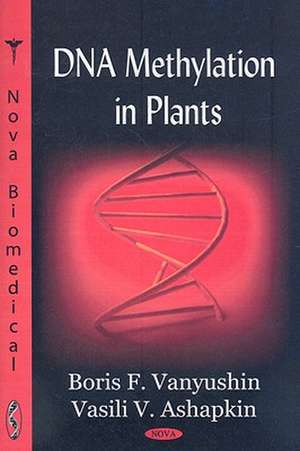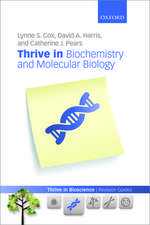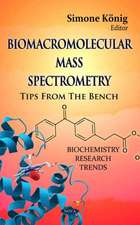DNA Methylation in Plants
Autor Boris F. Vanyushin, Vasili V. Ashapkinen Limba Engleză Paperback – 30 sep 2008
Preț: 238.89 lei
Preț vechi: 316.21 lei
-24% Nou
Puncte Express: 358
Preț estimativ în valută:
45.72€ • 47.55$ • 37.74£
45.72€ • 47.55$ • 37.74£
Carte disponibilă
Livrare economică 24 martie-07 aprilie
Preluare comenzi: 021 569.72.76
Specificații
ISBN-13: 9781606920510
ISBN-10: 1606920510
Pagini: 152
Ilustrații: tables & charts
Dimensiuni: 153 x 228 x 10 mm
Greutate: 0.79 kg
Editura: Nova Science Publishers Inc
ISBN-10: 1606920510
Pagini: 152
Ilustrații: tables & charts
Dimensiuni: 153 x 228 x 10 mm
Greutate: 0.79 kg
Editura: Nova Science Publishers Inc
Cuprins
Preface; Introduction; Is the Cytosine DNA Methylation At All Important?; Are Transposable Sequences Silenced by Cytosine Methylation?; Are Multicopy Genes Silenced by Cytosine Methylation?; Is Gene Silencing Always Associated with their Methylation?; Are the Epigenetic Changes Inheritable?; Cytosine DNA-Methyltransferases: How Many of Them are Needed?; Are there Signals for the De Novo DNA Methylation?; Is DNA Methylation Itself Regulated by DNA Methylation?; H3 Histone Methylation or How DNA Methylation Patterns Are Established and Maintained?; Is DSRNA an Another Way of Establishing DNA Methylation Patterns?; Adenine DNA Methylation; Adenine DNA-Methyltransferases; Putative Role of Adenine DNA Methylation in Plants; Conclusion; Index.









